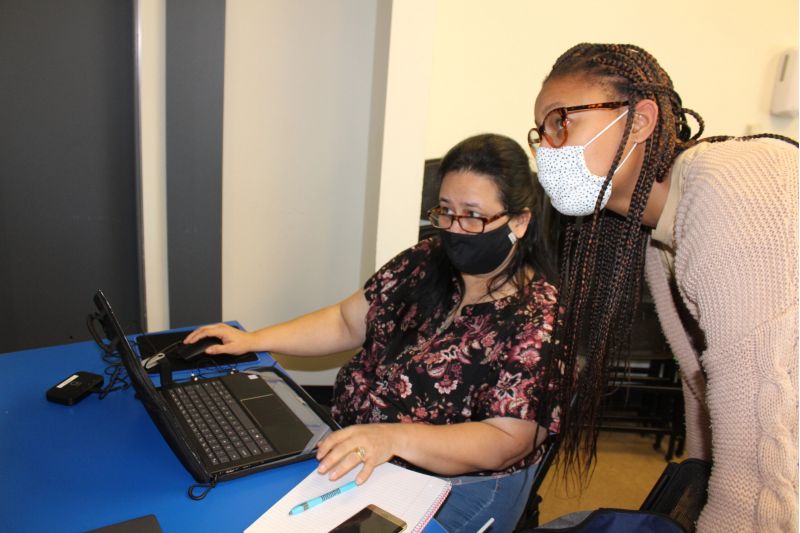Go In-Depth on Our Legislative Priorities: Payday Loans

Throughout Texas, cities have adopted local ordinances to limit the harmful impact of payday and auto-title loans. During the 2023 Texas legislative session, lawmakers are working to advance two bills that would override these local ordinances and expose more Texans to the financial hardship that comes with predatory lending.
Background on Payday Lending
In 2012, more than 12 million adults—across all ethnicities, incomes and education levels—took out payday loans. Almost 70% of first-time payday loan borrowers use the money for reoccurring living expenses such as rent, utilities or food—not for unexpected expenses as payday loan companies advertise. Pew Research Center identified that individuals more likely to use these loans are those without a four-year college degree, renters, Black people, those earning below $40,000 annually and those who are separated or divorced.
Auto-title loans have an average APR of 229%, and payday loans have an average APR of 410%. Not surprisingly, these loans leave many low-income Texans with thousands of dollars in debt. In 2018, Dallas residents borrowed more than $288 million from payday and auto-title lenders and paid more than $258 million in fees for those loans.
Local churches and nonprofit organizations have taken on a significant financial burden as their members and clients turn to them for relief. This financial drain on Texas families, churches and nonprofit organizations led leaders from across the state to advocate for restrictions on these predatory loans. The absence of state-level policy changes inspired cities to adopt local solutions.
To date, 49 Texas cities have passed local ordinances reducing the effects of payday and auto title lending for 11 million Texans. These ordinances protect Texans by requiring payday and auto-title lenders to register with the city, limiting the size of payday loans to 20% of the borrower’s gross monthly income, and limiting the size of auto title loans to the lesser of 3% of the borrower’s gross annual income or 70% of the vehicle value. Local ordinances also cap loans to no more than four installments or three rollovers or renewals, require a reduction in the loan principal by 25% with each installment or renewal, and officially define a rollover or renewal as an extension of consumer credit made within seven days of the previous extension of credit.
What’s Happening This Legislative Session
This legislative session, Senate Bill 149 (Sen. Springer, Muenster) and House Bill 2127 (Rep. Burrows, Lubbock) would block these local ordinances, protecting payday and auto-title lenders and putting Texas families at risk.
What’s New
We’ll be watching this legislation throughout the session. Check back here for important updates as these bills advance through the legislative process.
Tags

Advocate With Us
Register to receive our Advocacy Alerts, and we’ll let you know when and how to speak up on important issues to make the biggest impact possible.


